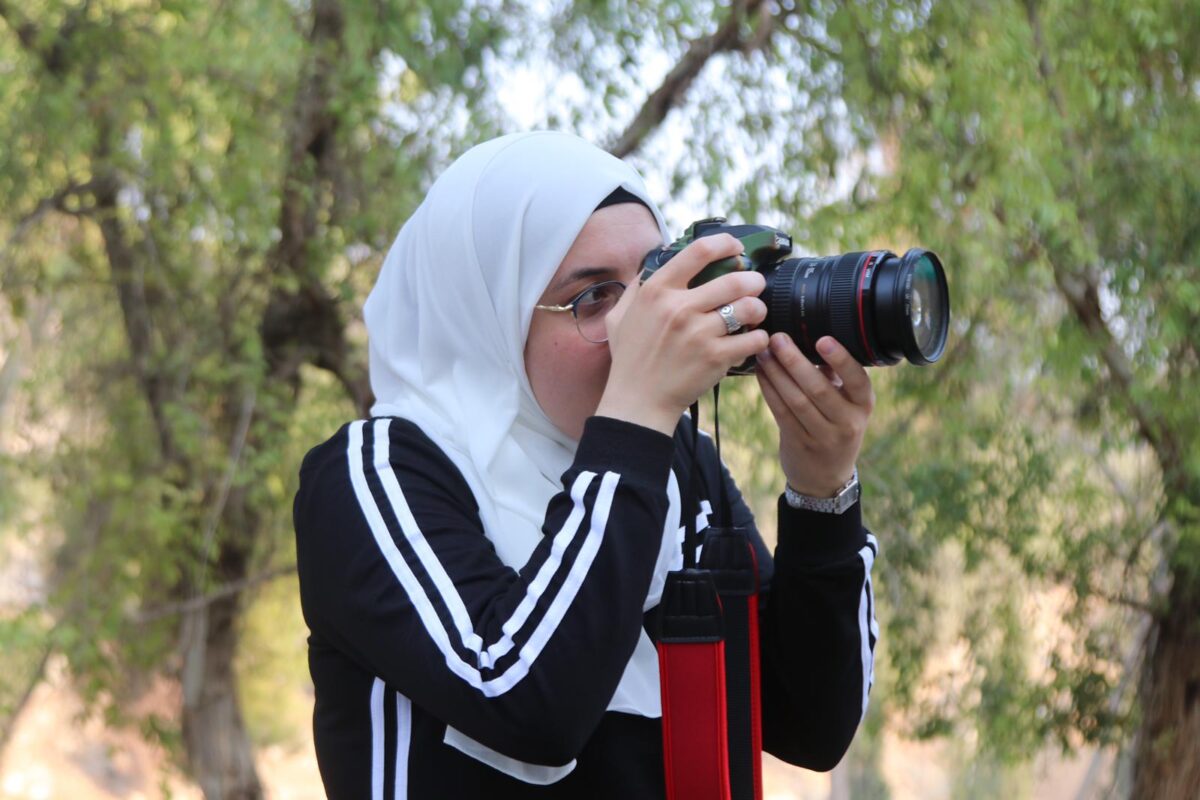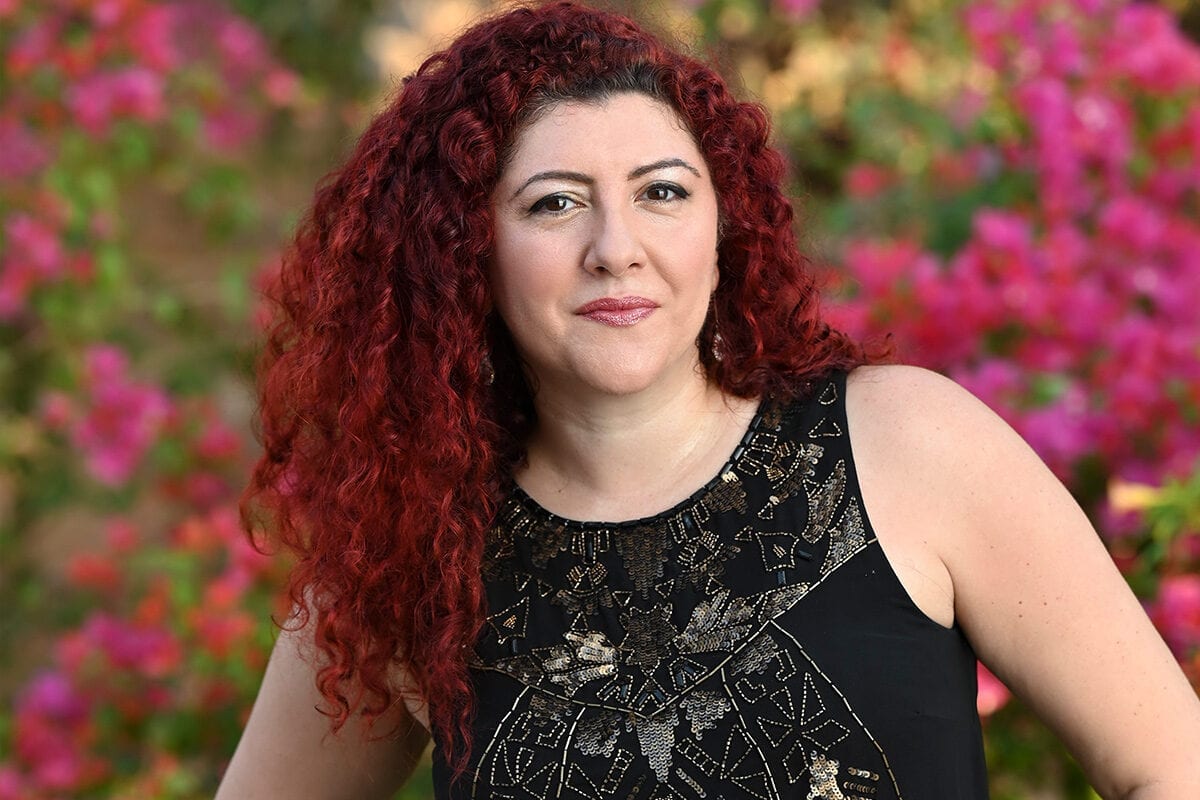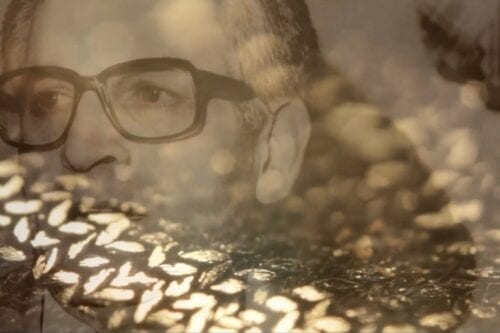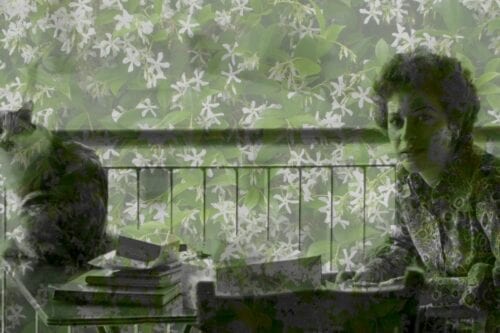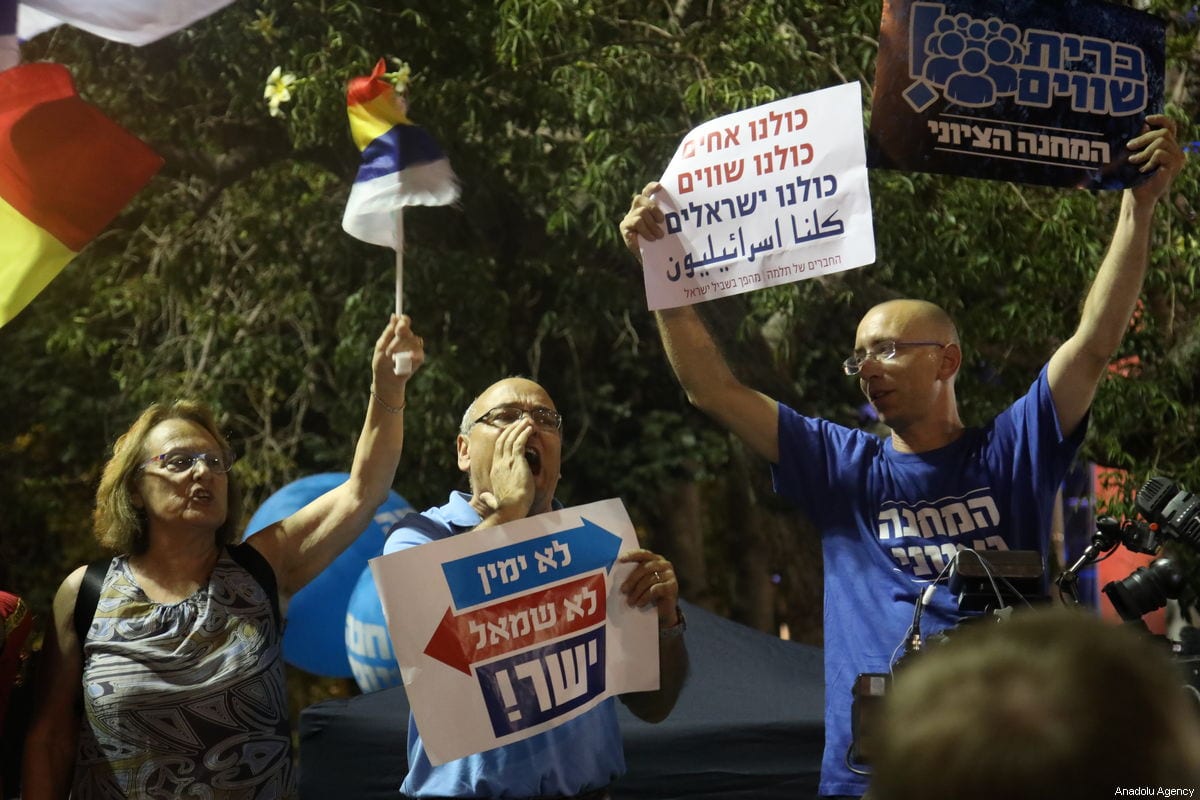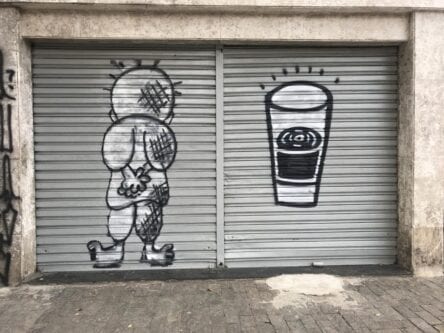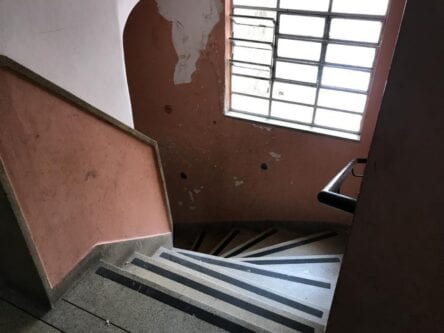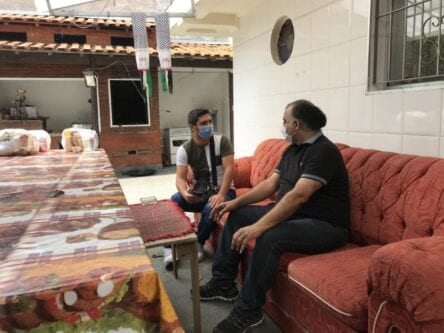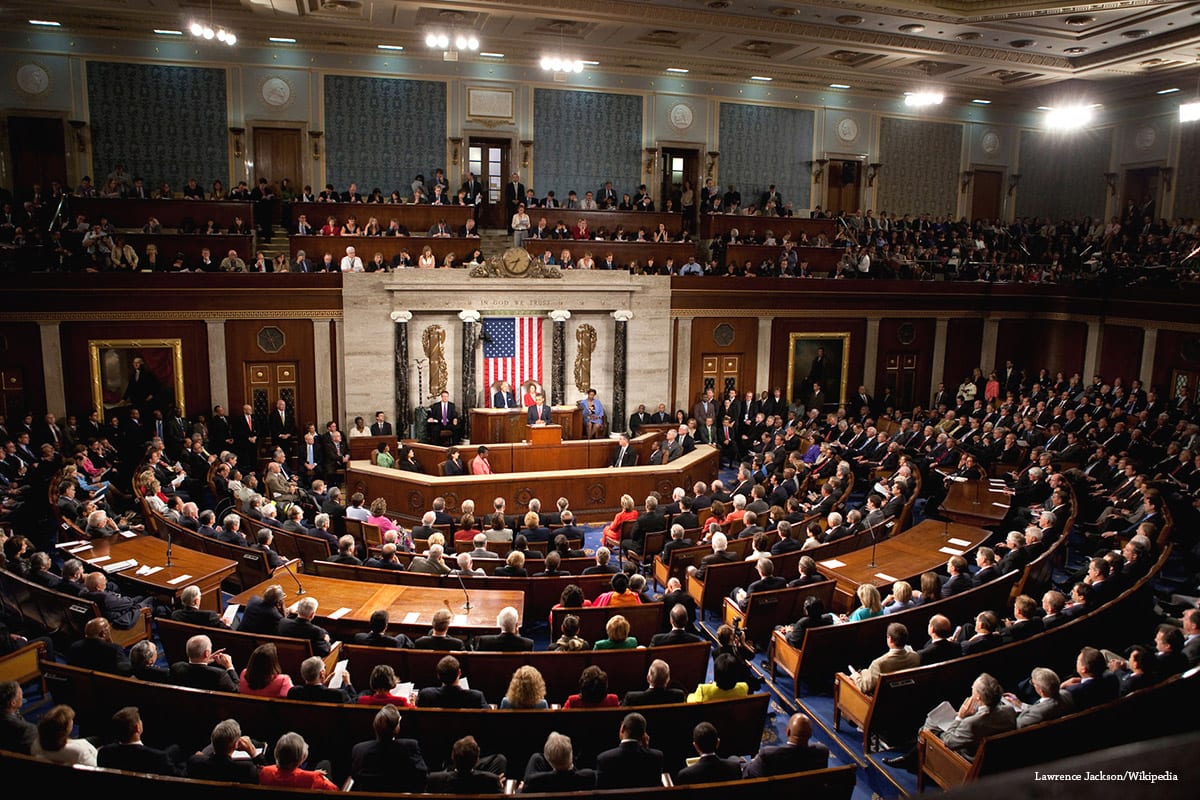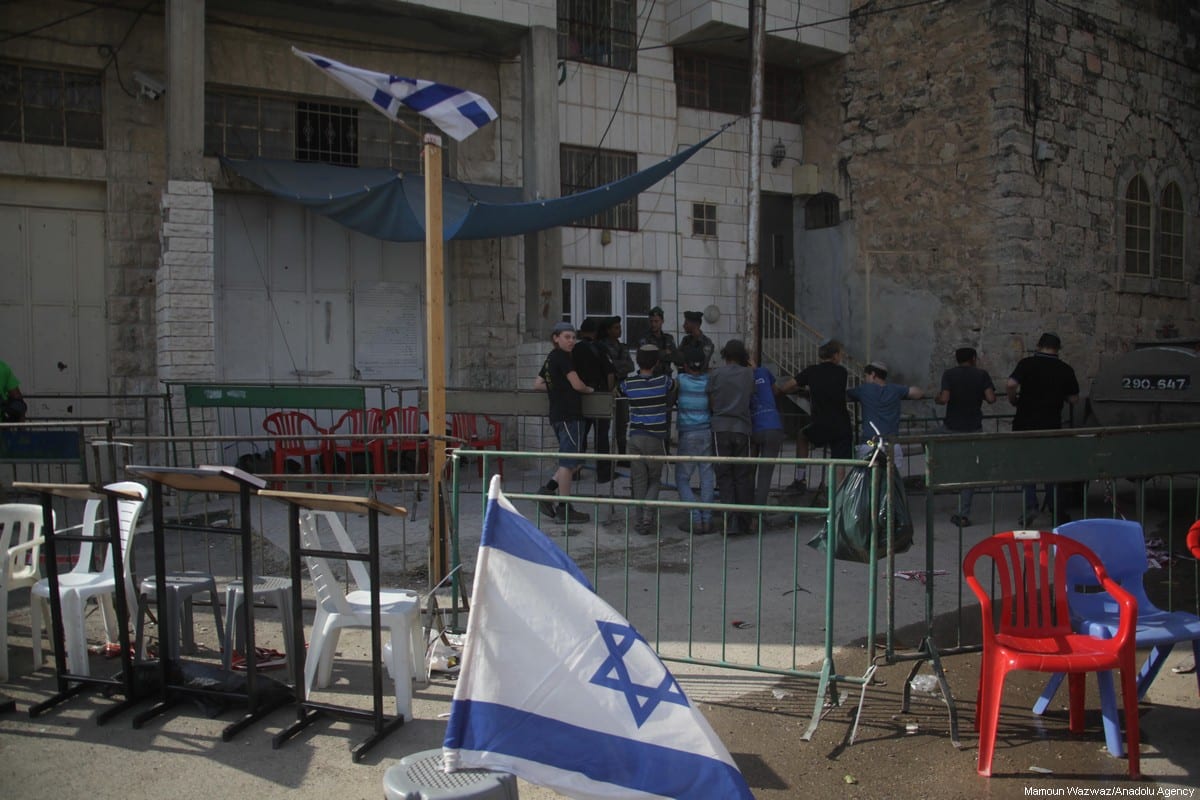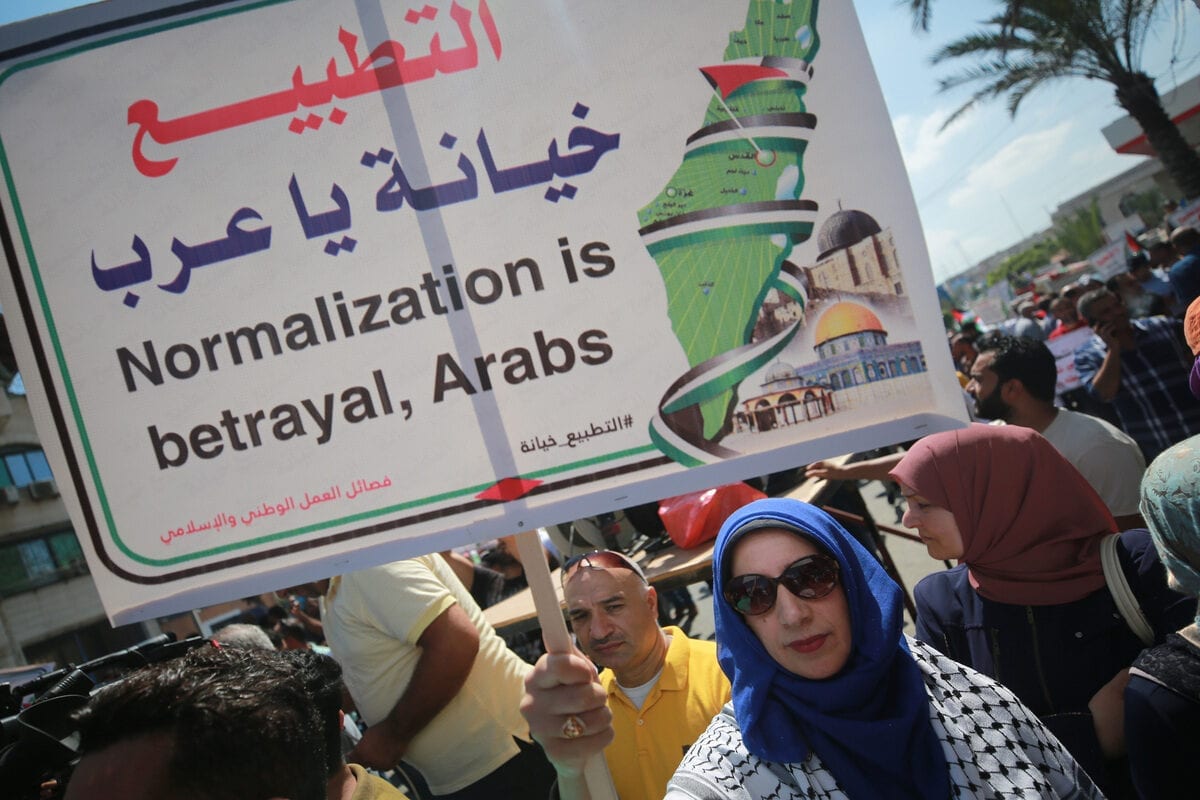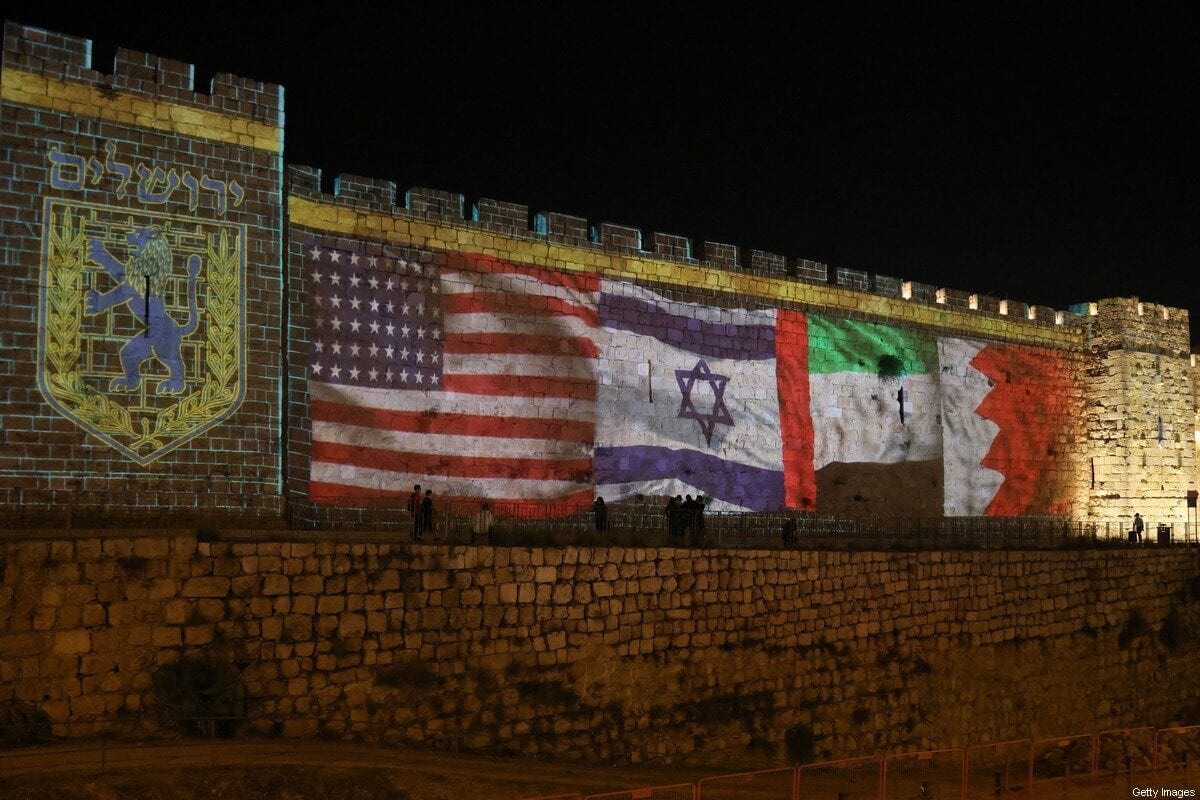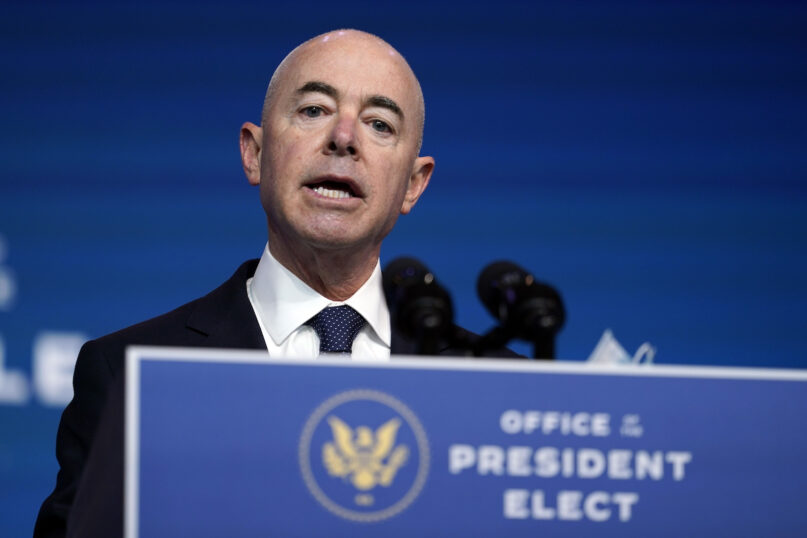MURDER INC. TRUMP & CO.
Sara Weinberger:
Shining a light on the federal government’s killing spree
In June, Attorney General William Barr ordered the resumption of federal executions. Like a kid let loose in a candy store, Barr wasted no time.
On July 14, Daniel Lee Lewis, according to his lawyer, spent the last four hours of his life strapped to a gurney, waiting for the Supreme Court to decide his fate. On July 13, a federal judge had delayed his execution on the grounds that the constitutionality of Barr’s procedure for lethal injections had not been fully litigated. The Justice Department immediately appealed to the Supreme Court. Ultimately, Lewis was executed shortly after the court, in a 5-4 ruling, paved the way for 10 people to be executed by the federal government by year’s end.
The Supreme Court also rejected a petition by Lee’s family asking for a delay, because the coronavirus made it risky for them to attend his execution. The dangers associated with COVID-19 routinely deprive family members, spiritual advisers and attorneys from being present.
Wesley Ira Purkey and Dustin Lee Honken were executed that same week. According to his lawyers, Mr. Purkey had schizophrenia, Alzheimer’s disease and brain damage, leaving him unable to understand the reasons for his death sentence. A federal district judge delayed his execution in order for the court to determine his fitness for execution, as well as whether lethal injection procedures violated his constitutional rights.
Again, the Supreme Court rejected the delays. Purkey was executed on July 16, without his spiritual adviser, a Buddhist priest, who was medically vulnerable to COVID. The Supreme Court rejected a lawsuit by Purkey and Honken’s spiritual advisers claiming violation of the Religious Freedom Restoration Act.
Lezmond Mitchell, who is Navajo and the only Native American on federal death row, was executed Aug. 26. The Navajo Nation fought his execution. For the first time in modern history, the federal government, which has jurisdiction over capital crimes occurring on reservations, carried out an execution for a crime committed on tribal land.
William Emmett LeCroy told a psychiatrist he believed that a nurse acquaintance was a former babysitter he called “Tinkerbell,” who sexually molested and cast a spell on him 20 years earlier. Killing her, he believed, was the only way to reverse the spell.
His lawyers appealed his death sentence on the grounds that his trial lawyers hadn’t adequately emphasized his mental illness and upbringing, which might have prevented his death sentence. Mr. LeCroy was executed on Sept. 22.
Christopher Andre Vialva, executed Sept. 24, and Brandon Bernard, executed Dec. 10, were the first two men in more than 70 years sentenced to death for crimes committed as teenagers. Both men were Black. The victims were white. There was only one Black person on the jury that convicted Vialva.
Brandon Bernard’s attorney requested a hearing regarding new evidence showing he played a lesser role in the crime. Alan Dershowitz and Ken Starr took the case, requesting two weeks to prepare. Five of the original jurors stated they would not have sentenced him to death had this evidence been presented. Twenty-three prosecutors filed an amicus brief supporting the appeal. The Supreme Court denied the attorneys’ requests. Pleas to President Trump from Kim Kardashian, Jesse Jackson and AyannaPressley fell on Trump’s deaf ears.
Alfred Bourgeois received only 21 days’ notice of his execution, not enough time, according to his lawyers, to exhaust his legal options. Mr. Bourgeois is intellectually disabled, with an IQ between 70 and 75. A 2002 Supreme Court decision made it unconstitutional to execute a mentally disabled person. The court denied Bourgeois’ appeal. He was executed on Dec. 11.
The execution of Orlando Hall, a Black man convicted by an all-white jury, and executed Nov. 19 for the murder of a Black teenage girl, was the first federal execution under a lame-duck administration in over a century. His court-appointed trial attorneys made many mistakes that contributed to his death sentence.
The federal government’s killing spree hasn’t made front page headlines. Each of the brief descriptions above points to violations of rights accorded by our legal system to all human beings, regardless of their crimes. Supreme Court decisions ignoring mental illness, intellectual disabilities, age, racism, Native American sovereignty and the consequences of COVID are deeply troubling.
Most disturbing is the rush to execute people who have lingered on death row for years. William Barr exploited human lives as a vehicle to help his boss win the election by portraying him as a man who stands for law and order. The Trump administration has killed more prisoners sine July than any other administration has done in a full year since 1896.
Lisa Montgomery, possibly the first woman executed by the feds since 1953, Corey Johnson and Dustin Higgs are scheduled for execution before the Trump administration’s serial killings end … for now.
Sara Weinberger of Easthampton is a professor emerita of social work and writes a monthly column. She can be reached at opinion@gazettenet.com.